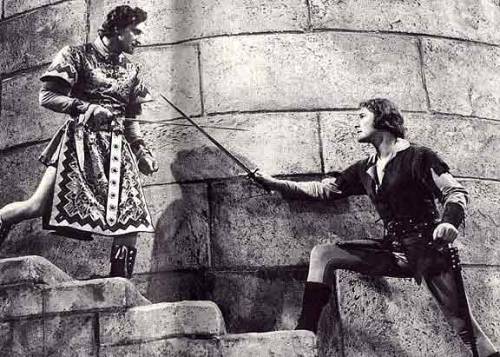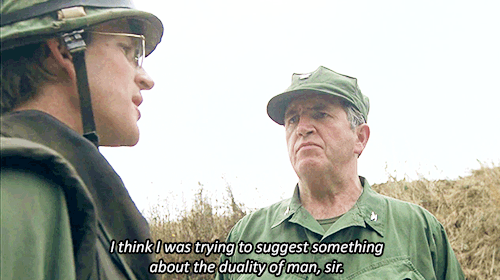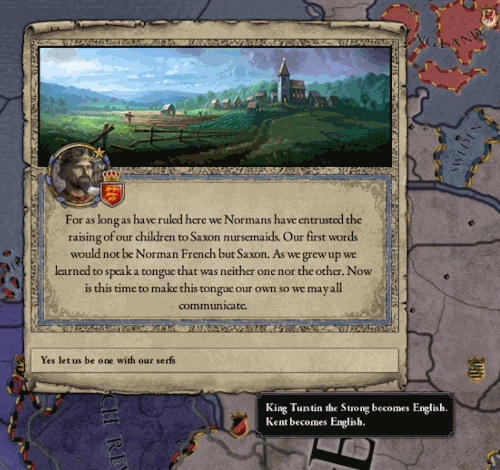A system aware of its own limitations (in-game events) - 29/12/2017
With a new job, the holiday season and moving out, plus other personal projects coming in the middle, I certainly did not find the time to finalize alpha 0.4.2, which is supposed to be the first playable Alpha of Reagan Years. However, it is also a nice occasion to take some time and reflect on my ambitions for this project and about the core gameplay concepts I want to implement.
All these things I can’t depict faithfully
I have written previously about how I decided to restrict the scope of my game in terms of historical period (the 80′s) and in terms of the player’s point of view (USA). The fact is, if it was to prove relevant, I could easily disregard these limitations in the future. If I saw fit, I could quickly design a 1960′s scenario, or make USSR playable.
But the system I am designing also comes with limitations that I foresee will be difficult to overpass. At the moment, I am especially concerned about the inclusion in my game of historical dynamics such as social struggle, class conflict, intricate internal politics, cultural war and the role of propaganda, political ideologies, trade and economics, international law and human rights, international organizations (such as the UN), non-governmental bodies (especially multinational corporations), and last but not least, the geopolitical agendas of the so-called minor powers (that is, every country beside USA and USSR).
Some of these elements might be reflected in the game system, however, I already know I will not be able to emulate them in a satisfactory way. This is due to a number of factors, among which : my lack of skills, the complexity of the matter, the need to maintain clarity, playability, and accuracy. Sometimes I may find the solutions, sometimes not.
“We win, they lose” : a simple point of view
Hopefully, I am not yet suffering from Borgeso-Perecian madness. I do not pursue the vain ambition of including the whole reality of the 1980′s in my game. I know I have to make choices, and I just need to make sure these choices are relevant to what I want to achieve.
In theory, I just need to be satisfied with the result. But my problem is I can’t be satisfied with the result because I strongly believe that a game system will anyway always be a very poor representation of the reality. I can’t summarize the history of mankind in the 1980′s in a playable game system. Maybe other people can, but they haven’t done it yet in a way I would accept to mimic.
Therefore, all I decide to do is to create a game system that represents a rather simplistic point of view. That’s what Reagan Years is about : the point of view promoted by Ronald Reagan during his presidency. “Here’s my strategy on the Cold War : we win, they loose.” said Reagan (1977). Hey, that’s simple enough to be put in a game! Let’s do it.

Videogame history is rich with strategy titles taking a limited point of view. You have Civilization that is like a playable version of Fukyama’s End of history. You have Crisis in the Middle East where the only role expected from the player is to establish Israel’s regional supremacy. You have Age of Empires that depicts a fantasized, over-simplified middle-age that looks like a Errol Flynn’s flick.

All these games are problematic, not only because they adopt a simplified point of view, but also because they refuse to question it. Actually, they even refuse to acknowledge the existence of their own biases.
A good example of this posture is demonstrated in the promotion of the game Vietnam ‘65. This game’s description on Steam totally give in to the US’ army rethorics : “killing the enemy is only a secondary mission. Most of your efforts and resources are spent elsewhere trying to grab the Hearts & Minds of the local population”.
But that’s not all. The developer’s page also claim that “this is a game that captures the true essence of the Vietnam war”, quickly disregarding the possibility that you could look at this war with other glasses than those provided by the US commandment.

So, how am I to create a grand strategy game that question its own point of view? Let’s turn to Crusader Kings for inspiration.
How Crusader Kings breaks its own rules
I will certainly write other posts about the Crusader Kings series, since these games are a major inspiration of mine. So let’s not get into the details of these games now. Suffice to say the ambitions of the developers toward historical accuracy were exceptional as per the videogame’s industry standards (I admit these standards are low). But the most inspiring thing about CK design is not its tremendous complexity, or the amount of research done ahead of the development. The most inspiring thing is : the game aknowledge that its own so-called “complex” system is worth peanuts when faced with the reality it aims to depict.
This is very cleverly pointed out by Jason Pitruzello in his article Systemizing Culture in Medievalism. Pitruzello explains how unusually complex are the cultural mechanisms in this game, while still deploring their limitations.
Clearly, there are limits to the nuances of the game’s cultural mechanics. […] it might appear that Crusader Kings does not really provide a better medieval experience for its players because, although culture can transfer between rulers and the provinces they rule, culture remains unchanging and static. […] However, the game’s designers include one exception to their own rules that indicates that they understand the limits of their own work. In recognition that cultural change need not simply shift from one culture to another, the game comes with an "English melting pot” cultural change event. This cultural conversion event bypasses the mechanics I outlined above.“

Narratives VS the system
Had I not stumbled across this article, I would probably never have started to develop Reagan Years This piece of criticism greatly clarified some of the vague ideas I had on the paradoxes of so-called realistic game systems, but it also pointed out to an excellent example of how I could expect to surpass these paradoxes.
This is how I plan to practically apply all this theory to my game:
The game system will depict a limited point of view : the world’s geopolictics are binary. The main objective of the USA is its own supremacy and the defeat of USSR. Outside of their pro-USA or pro-USSR agenda, the behaviour of other countries is of little interest.
But this limited point of view, reflected in the game’s main rules, will also be challenged by the game’s narratives. At the moment, I mostly plan to use an event system to achieve this (events are also a beloved core feature of CK). The events will cover things that are not represented in the game’s main system. Events will be used both as narrative moments of the game (texts to read) and exceptions to the game’s rules (altering mechanics).
The event system will also allow other narratives to emerge in the game. For example, the game is extremely binary (USA vs USSR) in its nature, but events will pop up to present the point of view of other countries, of other groups, and to remind the player that while playing a Reagan’s game, he is playing “with blinkers on”.
The events will also be used to reposition the ordinary life of human beings at the center of an otherwise very abstract game system. For example, they will be used to narrate the consequences of the player’s strategic actions on the lives of simple citizens.





